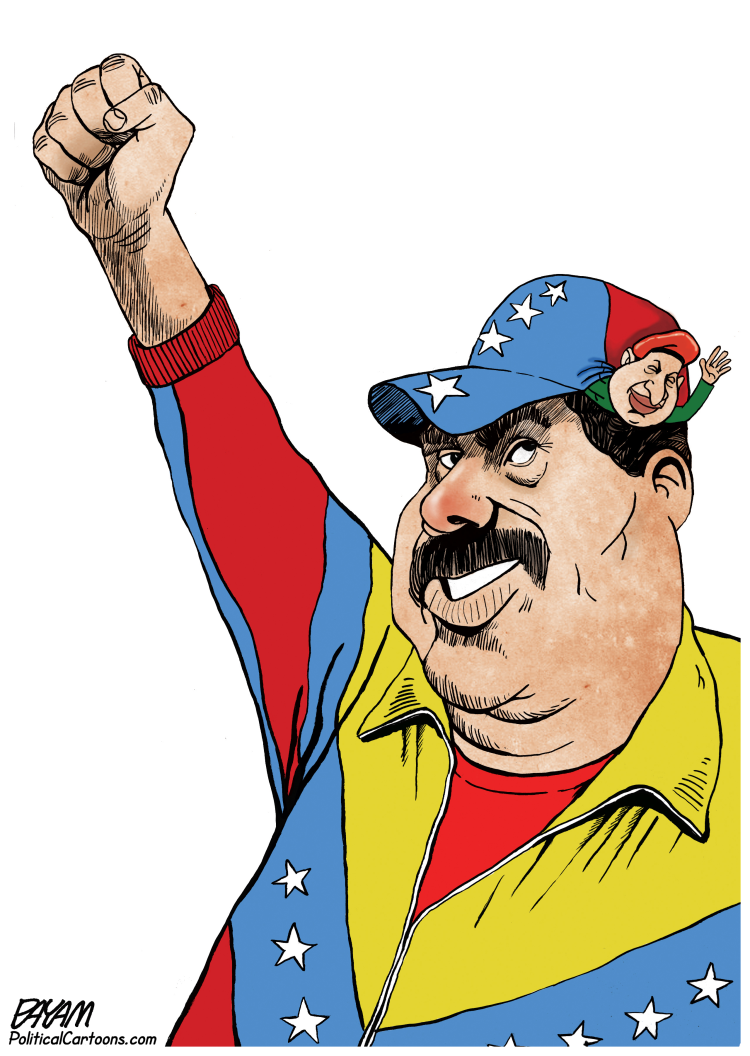
Courtesy
Venezuela’s authoritarian president, Nicolás Maduro, is encountering a pivotal moment that will decide his political future and the direction of the country. On July 28, he faces his toughest electoral challenge since assuming office in 2013, with polls showing his main opponent, Edmundo González, significantly ahead. González, a former diplomat, is supported by María Corina Machado, an opposition leader who has been actively campaigning on promises to restore democracy and reunite families. Despite Maduro’s history of manipulating election outcomes to maintain power, some speculate he might negotiate a peaceful exit or disqualify González. Other potential strategies include suppressing voter participation, inventing a crisis to postpone the vote, or tampering with the vote tally. Maduro’s government previously faced accusations of election manipulation in 2017. The election is being closely monitored by the U.S., which seeks both to promote democracy and to find a favorable partner in the oil sector. Amidst growing economic challenges and migration issues impacting President Biden’s re-election, Maduro has maintained a defiant stance, accusing opponents of planning a coup and predicting a decisive victory. Past predictions doubted Maduro’s abilities compared to his predecessor Hugo Chávez, but he has managed to sustain his grip on power. Mr. Maduro has remained in power in Venezuela despite numerous challenges over the years, including extreme economic crises with inflation rates reaching up to 65,000 percent, nationwide protests, coup attempts, assassination attempts, and Juan Guaidó’s 2019 effort to establish a parallel government. Maduro has maneuvered through these by maintaining loyalty within his ranks, strengthening international ties with countries like Iran, Russia, and China, and allegedly allowing illicit activities to fund his regime. Despite dire poll numbers, analysts like Michael Shifter suggest he remains strong but faces substantial challenges ahead of the upcoming election. Efforts to secure the election in Maduro’s favor include significant barriers for Venezuelan émigrés to register to vote, potential electoral fraud by restricting voter eligibility, renaming schools that serve as common voting sites, and creating parties with similar names to dilute opposition votes. Specifically, Venezuela’s most popular opposition figure, Ms. Machado, has been barred from running, though she actively supports fellow opposition candidate Mr. González. Maduro’s administration has been accused of targeting opposition campaigns, with several activists detained or in hiding. Independent electoral oversight will be minimal, with only the Carter Center expected to monitor the vote. Luis Lander of the Venezuelan Electoral Observatory has declared the election one of the most flawed in decades. As part of his campaign strategy, Maduro has increased salaries, initiated infrastructure projects, and promoted himself via social media while blaming U.S. sanctions for Venezuela’s economic woes. Despite a deep-rooted socialist movement, many in Venezuela struggle with fear and frustration, leading some to emigrate instead of participating in protests. If Mr. Maduro loses the election, there is speculation about negotiating an exit to avoid prosecution, though it is seen as unlikely. Observers caution that even a significant vote against Maduro may not translate into an opposition victory. Original Text by By Julie Turkewitz and Anatoly Kurmanaev, published in-> NYTimes
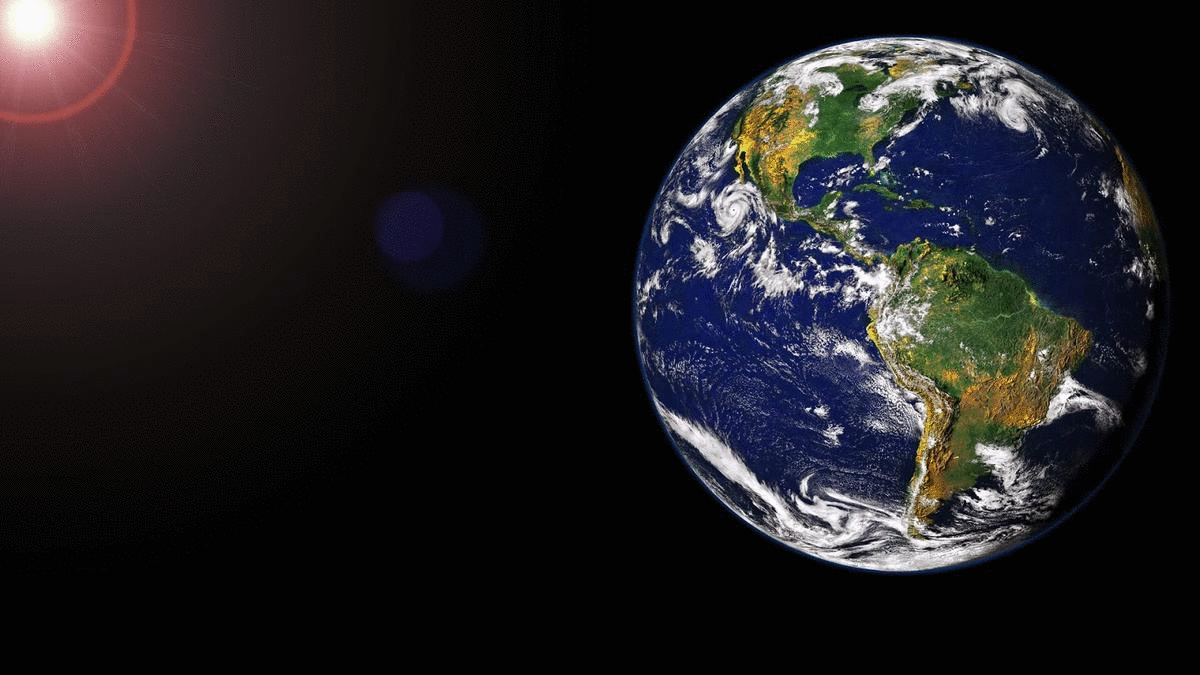
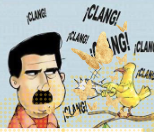
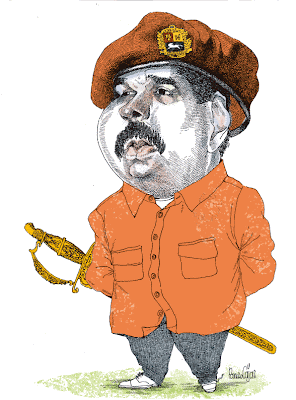
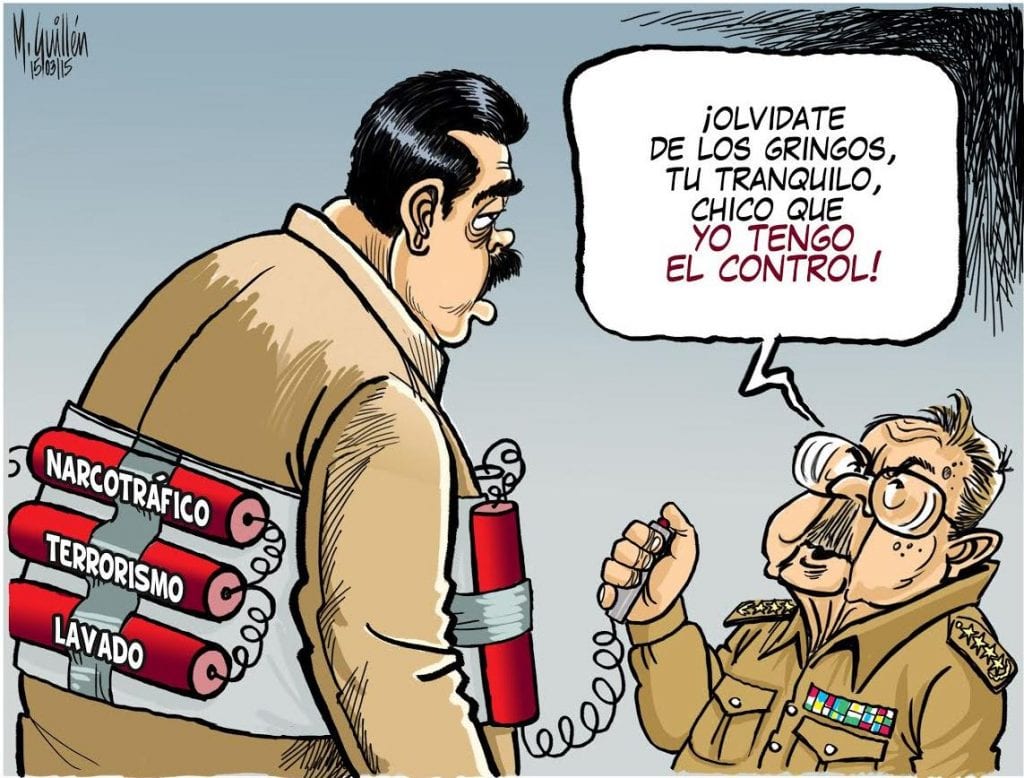
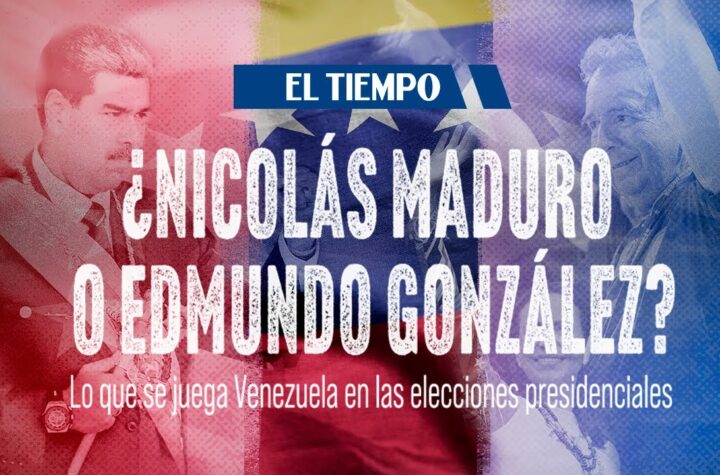
More Stories
Venezuela, elecciones entre pajaritos y mariposas
Maduro seeks to bolster military support ahead of next election
¿Qué hará Cuba el 28 de julio?